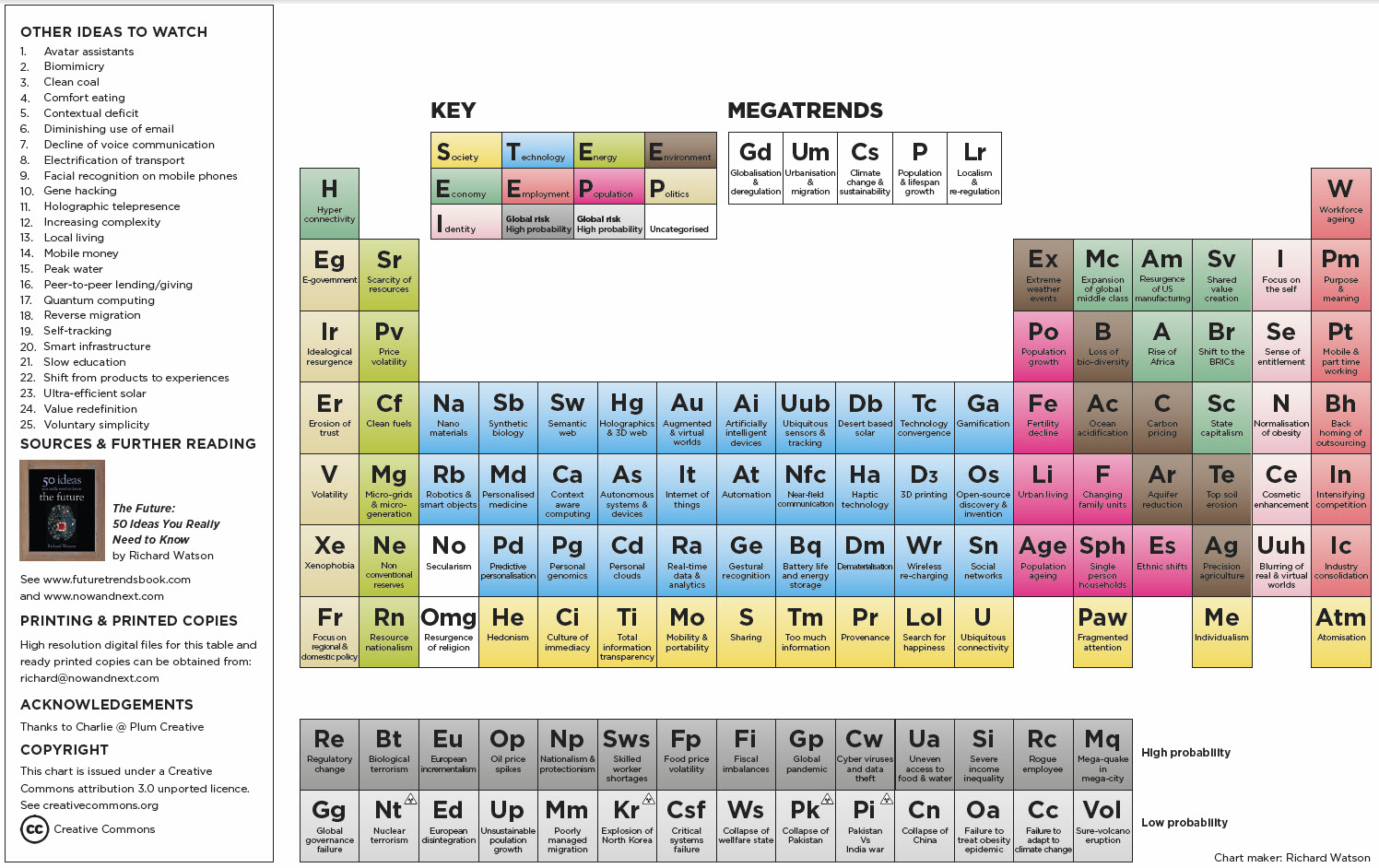“WASHINGTON (AP) — Facing yet another fiscal deadline, President Barack Obama is urgingcongressional Republicans to accept more tax revenue in order to avert looming, across-the-board budget cuts due to take effect in less than two weeks.
Obama, fresh off a three-day Florida golfing trip, was to press his case during an event at the White House on Tuesday morning. Emergency responders, a group of workers the White House says could be affected if state and local governments lose federal money as a result of the cuts, were joining him.
The $85 billion in cuts, known as the sequester, will start taking effect on March 1 unless Congress acts. The White House says the sequester could derail an economy still suffering from high unemployment and sluggish growth.
Obama wants to offset the sequester through a combination of targeted spending cuts and increased tax revenue. The White House is backing a proposal unveiled last week by Senate Democrats that is in line with the president’s principles.
But that plan was met with an icy reception by Republicans, who oppose raising more tax revenue in order to offset the cuts. GOP leaders say the president got the tax increases he wanted at the beginning of the year when Congress agreed to raise taxes on family income above $450,000 a year.
The White House said Obama on Tuesday would call on congressional Republicans to compromise and accept the Senate Democrats’ proposal.
The Democrats propose to generate revenue by plugging some tax loopholes. Those include tax breaks for the oil and natural gas industry and businesses that have sent jobs overseas, and by taxing millionaires at a rate of at least 30 percent.
Meanwhile, a bipartisan proposal Tuesday by co-chairs of an influential deficit-reduction commission called for reducing the deficit by $2.4 trillion over the next 10 years, with much of the savings coming through health care reform, closing tax loopholes, a stingier adjustment of Social Security’s cost of living increases and other measures….”
Comments »
